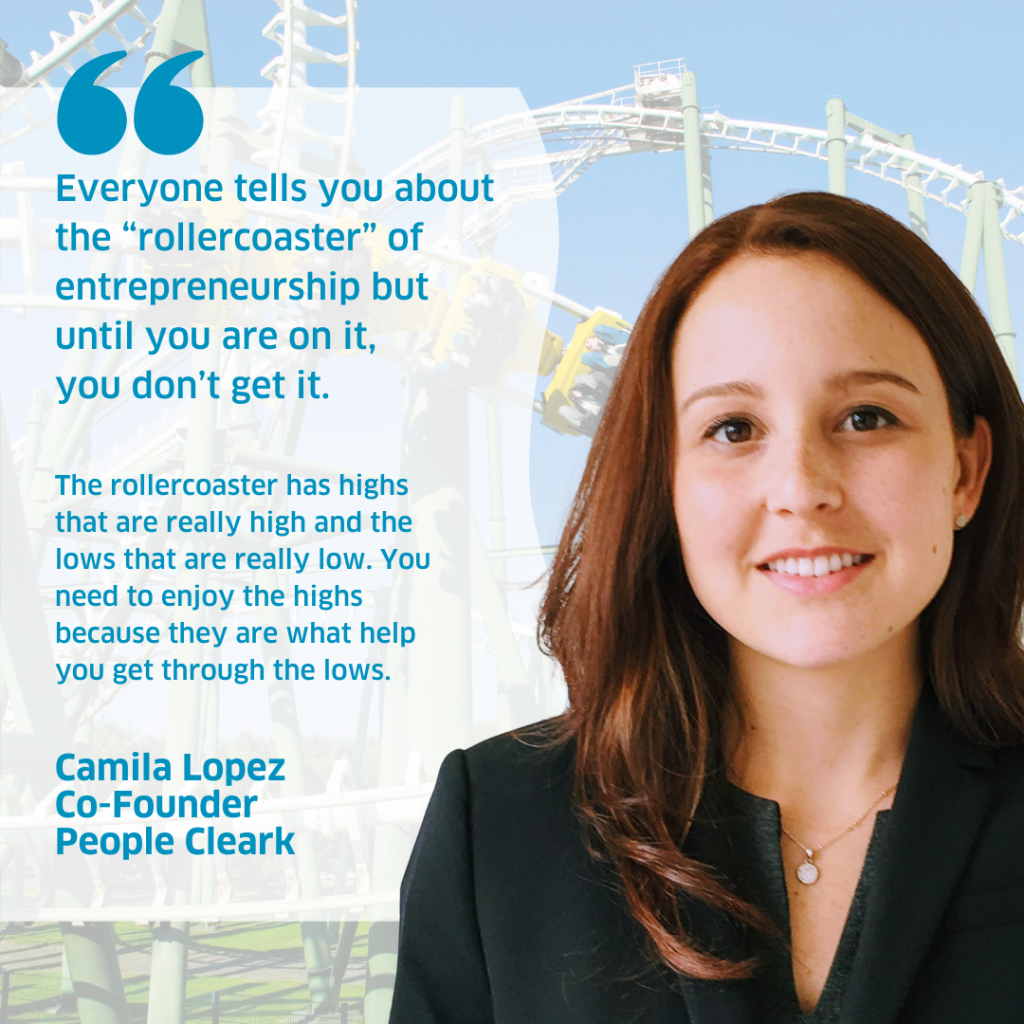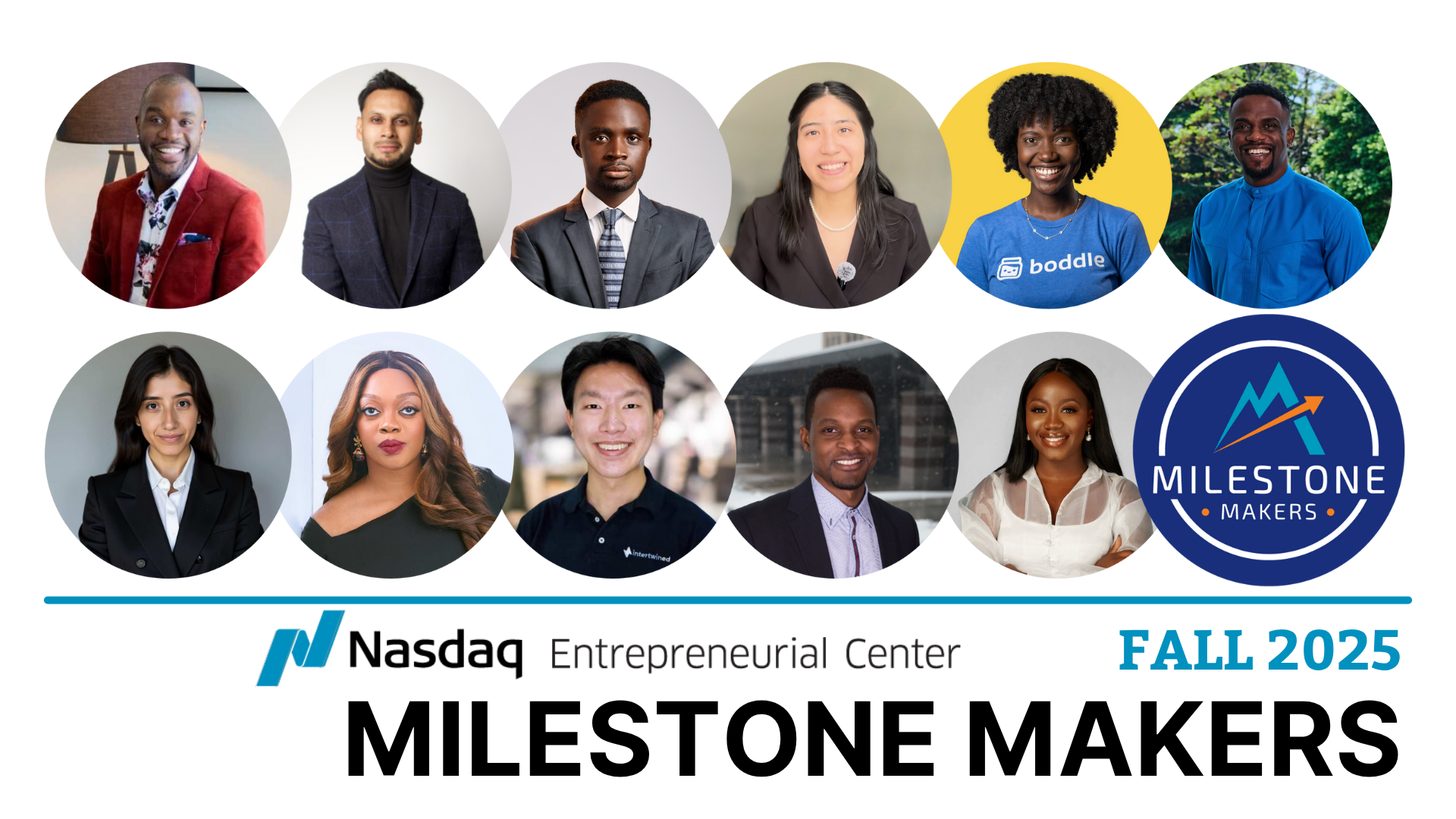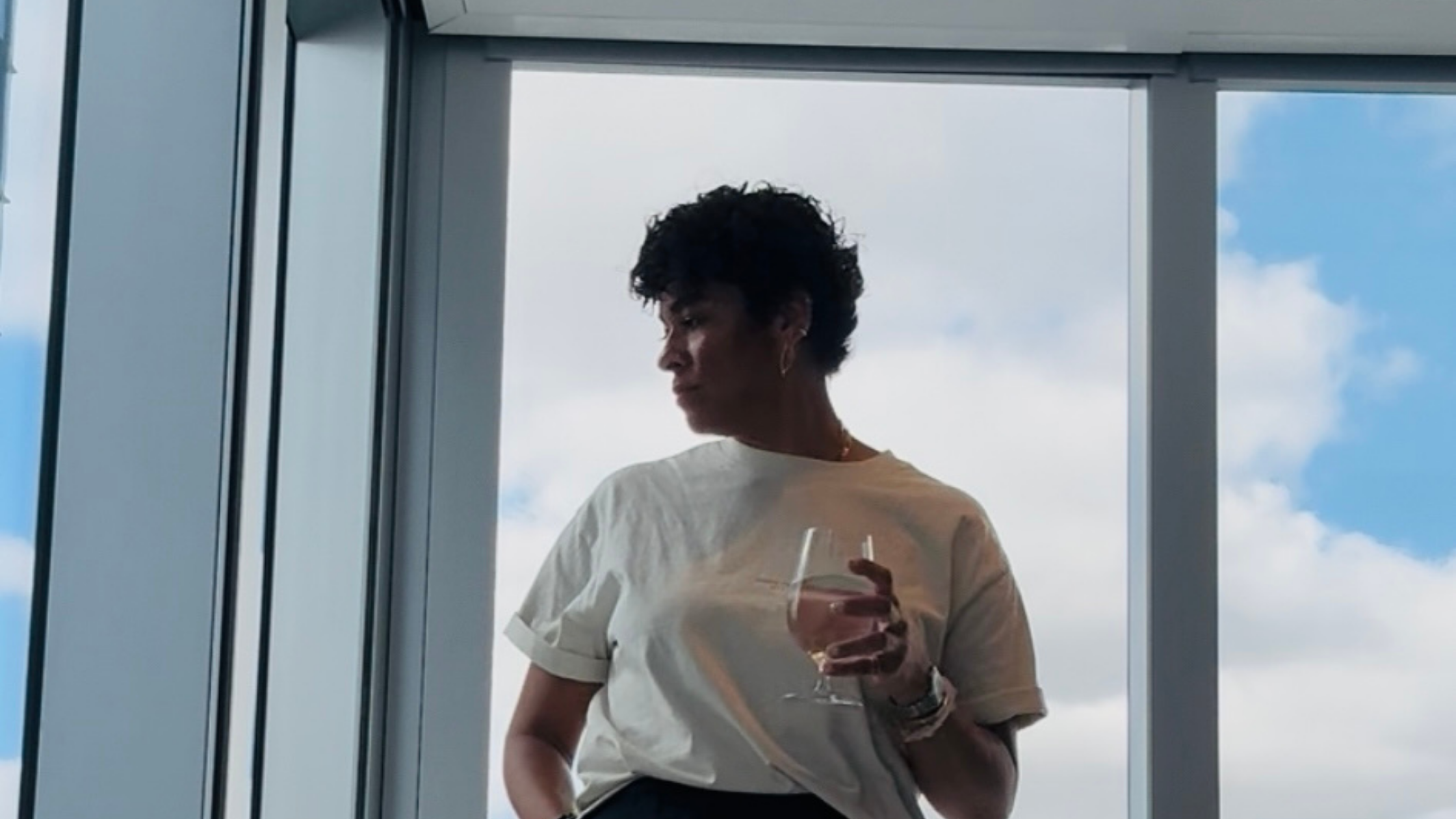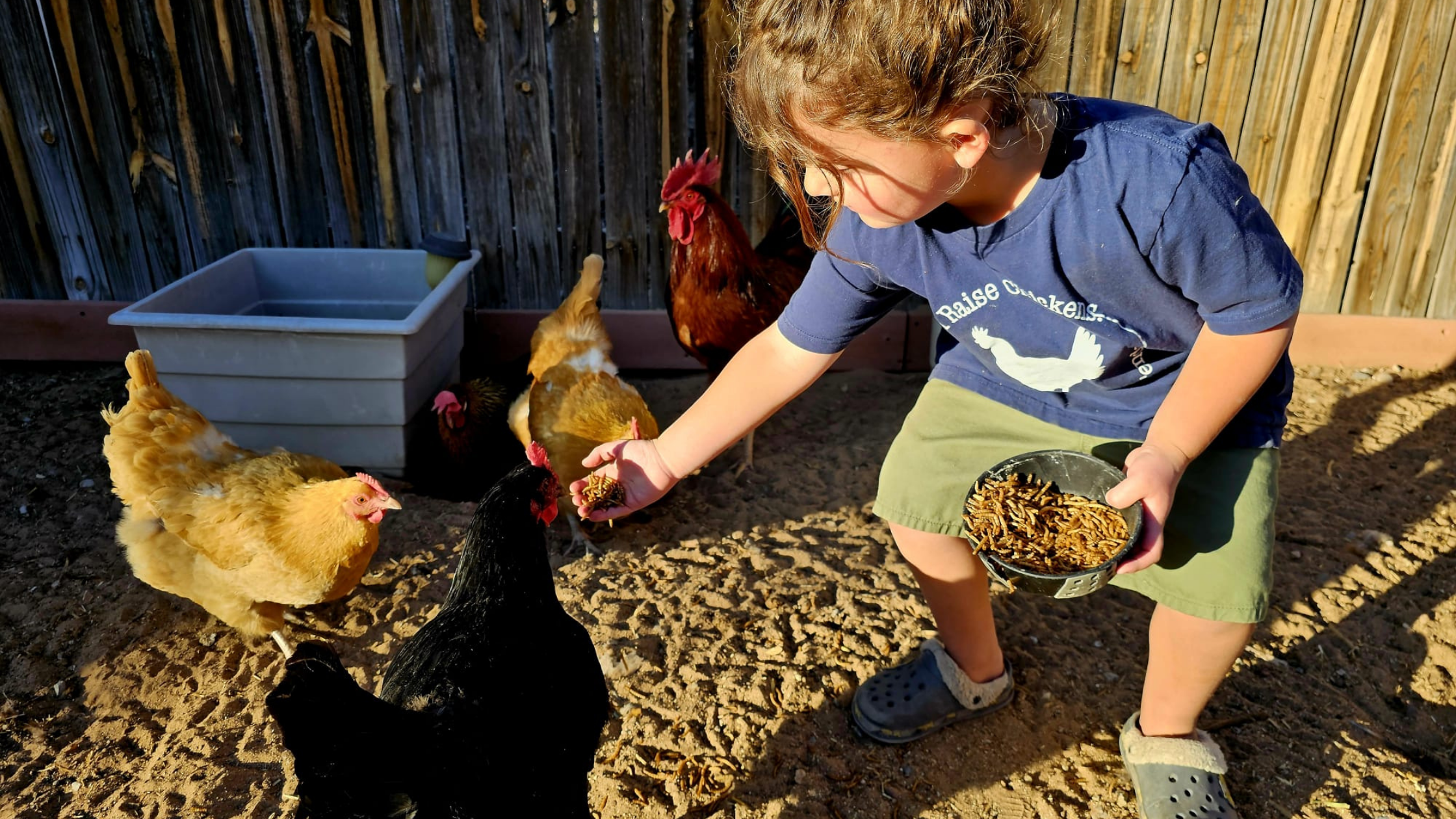Camila Lopez is an attorney, CEO & Co-Founder at People Clerk, a company whose mission is to close the gap between people and the courts by helping people navigate the small claims court process in an easy and affordable way. Approximately 47% of people in the US don’t get access to legal services because they cannot afford to hire legal help and People Clerk aims to help solve the access to justice problem our country is facing.
What does “entrepreneurship” mean to you?
 Camila Lopez: Risk-taker, passionate, innovative, creative, resourceful. These words all describe an entrepreneur and the journey of an entrepreneur while they create a product or service to solve someone’s problem.
Camila Lopez: Risk-taker, passionate, innovative, creative, resourceful. These words all describe an entrepreneur and the journey of an entrepreneur while they create a product or service to solve someone’s problem.
How did your company come to be?
CL: As an attorney, family and friends kept reaching out to me every time they had a legal problem. A common trend emerged that most of their disputes were considered “small claims disputes” where the amount of the dispute was for $10,000 or less (in California). I kept telling them to check out small claims court because the amount of the dispute was too small to justify hiring a lawyer and lawyers don’t want to deal with small claims lawsuits. At that time, I was under the impression that going to small claims court was easy, but I quickly realized I was incredibly wrong. My friends kept telling me that they had no idea where to begin or how to prepare for the hearing. My co-founder, Gustavo Lozano, who does not come from the legal world, pointed out that if it were so easy, why do they keep calling you for help. We started going to small claims hearings to see what they were like and what we saw… was extremely disheartening. People showed up unprepared for the hearing and missed steps in the process. This led to them giving up or not winning what they should have been winning had they been prepared. I specifically remember Gustavo turning to me in shock and telling me that we had to do something and that is how People Clerk began.
How has your business changed in response to the COVID-19 pandemic?
CL: We launched People Clerk March 2020 and we all know what happened that month. Almost immediately, the courts began to close so we scrambled to figure out what to do. I think COVID-19 has made us extremely adaptable as courts were continuously changing their procedures from in person hearings to Zoom hearings and we had to quickly adapt our processes.
What is your proudest and darkest moment so far? Share a key high and a key low from your journey if you can.
CL: My proudest moment is each time someone wins their small claims lawsuit and gets their money back. Our clients are so grateful and happy they were able to get justice in an easy and affordable way. That is when I know that the hard work and perseverance is paying off.
My darkest moments come when government and court bureaucracy creates barriers for people without a lawyer navigating the system. For example, when a government agency will not provide you with publicly available information. When this happens, I make sure to escalate my concerns to the highest person in charge so that they can be on notice that their procedures are incorrect. This way, future self-represented litigants will benefit because I spoke up and created systemic change.
How is your company changing the landscape?
CL: We are changing the default of running to a lawyer each time you have a legal problem by giving you the tools to navigate the legal system successfully on your own. When you have a dispute where a couple thousand dollars are at stake you are dissuaded from getting justice when you speak to a lawyer. It is very common to hear, “Just take a loss” because of the time, money, and effort it used to take to get your money back. But for our clients, “just take a loss” is not possible. One of our clients had a landlord unjustly withhold their $1,500 security deposit after he moved out even though he left the apartment the same way as when he moved in. As a result, he did not have enough money for a deposit for a new apartment and was left living at a motel. With People Clerk he was able to get his security deposit back and most importantly, had the money for a deposit at a new apartment.
What do you wish you knew when you started? Is there anything you would do differently?
CL: Everyone tells you about the “rollercoaster” of entrepreneurship but until you are on it, you don’t get it. The rollercoaster has highs that are really high and the lows that are really low. You need to enjoy the highs because they are what help you get through the lows.
Another important point is that if you don’t have a passion for what you are building, don’t do it. This is a hard journey and my passion for helping people get access to justice is what makes me excited to get to work each day.
What advice/credo do you live by as you grow the business / what is your professional and personal mission statement?
CL: Delight, delight, and delight your customer. We are always going the extra mile to not just have happy customers, but to delight them.
Where do you find inspiration when faced with challenges?
CL: Other entrepreneurs. I’m part of multiple founder communities where I can reach out to other founders with challenges I am facing. Founders tend to be very collaborative and pay it forward. It is always helpful to seek guidance on challenges and other entrepreneurs have gone through this process before so their feedback and advice is invaluable.
What does “success” look like for you? What do you think will help you achieve it?
CL: When People Clerk becomes a household name. Through hard work and perseverance, we will teach everyone about their legal rights and they will tell their friends and family about how they too can achieve justice.
Has personal or professional “success” changed for you since the COVID-19 pandemic?
CL: Not really, my professional success still remains focused on helping people without a lawyer navigate the court system to make getting justice more accessible to everyone.
What’s it like to work alone or with your partners? What advice do you have for fellow entrepreneurs about building and leading teams?
CL: Hard. I am fortunate that my co-founder is also my husband and we are on this journey together. Family and friends that don’t have businesses may not understand what you are going through or why you work such long hours. It is extremely important to share with them any news articles so they understand what you are building and why it is so important to you. I also advise other entrepreneurs to join founder communities as other founders are extremely supportive of you and can empathize with what you are going through.
Many entrepreneurs continue to perfect their daily routines to support their work and greater vision; would you mind sharing your morning routine or a regular ritual that grounds your work each day? How has it changed in recent months?
CL: I wake up really early each morning and make a cup of tea. I use this time as “me time” and organize what I need to get done each day. You may feel as if you are being pulled in multiple different directions but when you are organized and know what your priorities are, there is a North Star.
What keeps you motivated during this time?
CL: Our customers. I speak with our customers every day. Although they have what some may consider as “small disputes”, for them it’s a really tough and stressful situation. Knowing how we help them overcome their difficult situation keeps me going. There is nothing like receiving a thank you call from a client.
What kind of an entrepreneur do you want to be known as, as in, what do you want your legacy to be?
CL: A passionate entrepreneur that pushed hard to make significant change in the legal system by making it more accessible for people without a lawyer. If I had to put a label on it, I would like to be known as the “Erin Brockovich for access to justice” 🙂
What is a quote or some words of wisdom that help get you through the tough days?
CL: “Real change, enduring change, happens one step at a time.” – Ruth Bader Ginsburg
Have you experienced mentorship in your career? Do you feel it was easily available to you?
CL: Other founders are the best mentors as they know what you are going through. They can also help you avoid costly mistakes. Mentorship is easily accessible but finding the right mentors can be hard and it takes time.
Who are the people who have mentored or influenced you in your life or career? How has their influence changed the trajectory of your entrepreneurial journey?
CL: Erin Brockovich as portrayed by Julia Roberts showed me that a nonlawyer could achieve justice against a big corporation. I hope that I can use my law degree and technology to be able to help millions of people achieve justice.
Do you have someone you’d like to nominate to be profiled in our Faces of Entrepreneurship series? Please let us know by emailing media@thecenter.nasdaq.org.




